Handy tools
Save time and maximise your learning experience with handy software, web tools and mobile apps.
Here's a nifty list of technology that will help you through your postgraduate experience at RMIT.

Blackboard
Blackboard is the system used to access your course content announcements, assignment
submissions and to receive your grades and feedback. It's available for desktops and mobile devices
and we recommend you have it installed on all your systems to make online management of your
course materials easier. To access log in to myRMIT and go to the myStudies tab.
Download Blackboard
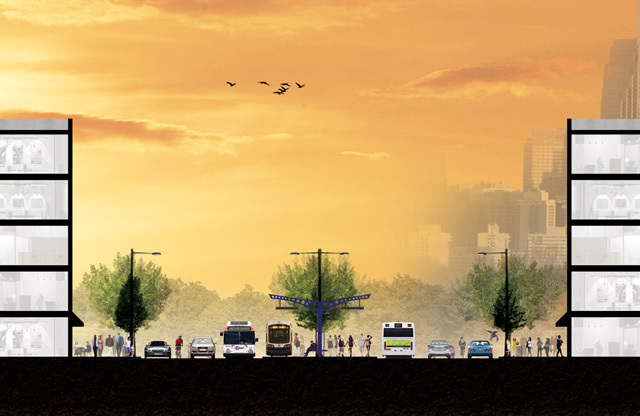
StreetMix
Streetmix is an interactive street section builder that helps community members mock up the streets
they'd like to live on and offer these mockups as future plans for city officials and planners. This app
lets you drag and drop sidewalks, cars and bus stops into an online and sharable interface. It's fun
and easy to use and will help you keep the right mindset through your program and relax when
things get overwhelming.
Download StreetMix

Evernote
This highly popular digital organiser will help your notetaking and archiving. You could possibly go
completely paperless or even become addicted to this interface that lets you type in to-do lists, scan
documents, insert pictures and videos into your notes and sync up all the information between your
smart phone or mobile device and your desktop or laptop, everything is stored in a cloud and can be
easily accessed from anywhere, everywhere. Consider it your external brain.
Download Evernote

Skitch
Skitch lets you communicate your ideas visually, making it easier to capture, edit and share your
thoughts through images. This Evernote application is simple and easy to use letting you add arrows
to point things out, highlight, add text, blur and crop your screenshots. Effective visual
communication can speed up your projects and assist you getting your point across clearly. It'll help
you increase productivity.
Download Skitch

Asana / Trello
Apparently, when it comes to teamwork, email is a thing of the past. Asana and Trello are group
collaboration tools that aim to substitute long email threads for easier and more effective ways to
get work done within teams, all in real time. Asana and Trello are two standout collaborative task
management tools making the rounds. Trello is more visual and Asana is more robust with more
features. Both can help you coordinate your teams better.
Visit Asana or Watch tutorial
Visit Trello or Take a tour

Dropbox
Share and store your files quickly and easily with this free service that lets you access and edit your
digital files from your computer and mobile devices from anywhere. It's very reliable, user-friendly
and gives you access to 2GB storage space for free.
It also syncs all your files across multiple devices making it the perfect tool to share files among
classmates and save and access any course content or reading materials.
Download Dropbox

Lynda.com
Lynda.com is an online learning company that helps anyone learn software, design, and business
skills to achieve their personal and professional goals. With a lynda.com subscription, members
receive unlimited access to a vast library of high quality, current, and engaging video tutorials.
New courses and topics are added every week at no extra cost. The world's top experts who are the
best in their field, passionate about their subject matter, and know how to teach are carefully
selected for tutorials.
RMIT students get free access to Lynda.com. Enjoy!

Fiverr
What if you could only pay $5 to get something done for you? Whether it is a logo, a good looking
resume or a great business card design; Fiverr is an online marketplace where virtually anyone can
provide an incredible variety of services for the bargain price that names the website.
It can be a good alternative to get laborious tasks done when you're time poor or not an expert in
the field. Alternatively, you can also register to offer services yourself and make some money while
at it.

Cheap Textbooks
Want to save up to 55% on the price of your university textbooks? The app Textchange was
developed by university students for university students and lets you buy or sell secondhand uni
textbooks without having to get off the couch. If you can't find what you're looking for you can add
the book to a list and get an instant notification when a seller turns up with the goods.
Jekkle is an easy, fast and professional textbook service with the aim of saving students money. They
claim to sell both brand new and secondhand books for the cheapest prices in Australia. You can also
rent books if that's more appealing to you. They also offer free shipping to Victoria and a 14-day
guarantee on all orders. No brainer!
Download Textchange
Jekkle
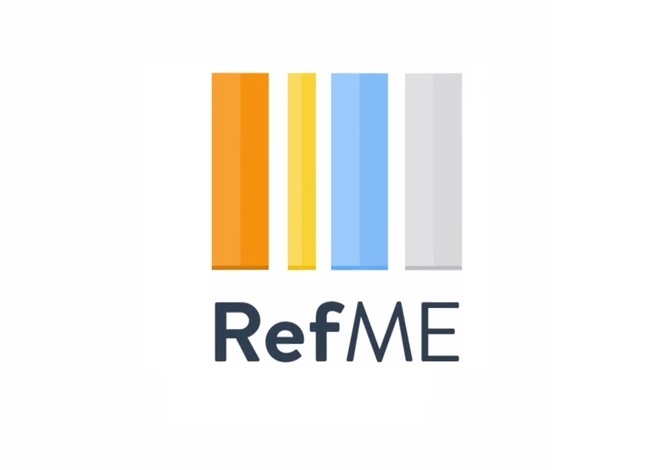
RefMe
This free citation tool lets you create your bibliography in seconds! Students can scan a book
barcode directly from their smartphones, or add references with one click. RefME then automatically
generates a bibliography, correctly formatting it in any of over 7000 different styles. All work is
backed up and synced to the cloud, so students can access, collaborate, and add to their projects
anywhere, on any device. Does it sound too good to be true? It is, we know!
Download RefMe
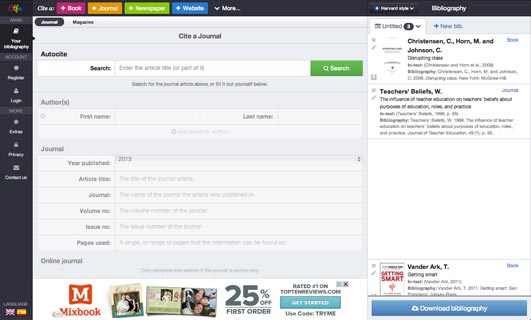
Cite this for me
This free website helps students to correctly locate and create citations, reference lists and
bibliographies automatically using a variety of referencing styles (including Harvard). An upgrade is
also quite cheap and will let you save your work permanently, access your bibliographies from a
cloud, use a Microsoft Word add-on and many other extra features.
This handy website will save you a lot of time.
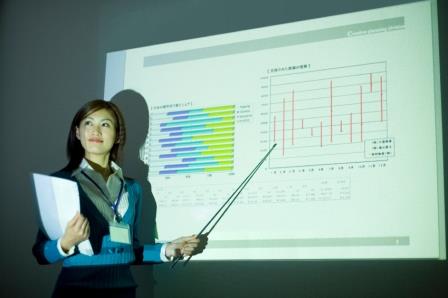
Online Presentation Tools
Although Microsoft Powerpoint holds an estimated 95% of the presentation software market there
is now some very tough competition out there. The latest breed of presentation software is
breathing new life into boring slideshows with more animation and video features and intuitive non-
linear presentations that are simple and easy to create.
Flash-based Prezi's greatest trait is its motion and zooming capacities and the ease for colleagues to
collaborate as the service is cloud-based and allows users to edit and create on the go synching
everything automatically. It is free to use as a student with your student email.
Powtoon will make you look like a professional animator and help you create eye-catching
presentations that are easy to share and engage with.
Free application Emaze offers plenty of ready-made templates and slides for your presentations and
even an automatic translation tool.
Prezi
Powtoon
Emaze

Squarespace
Do you have a business venture or perhaps you're interested in promoting yourself and need a
website? Website builder Squarespace is very cheap, easy to use and extremely likely to impress
your webpage visitors.
It provides users with stylish, rich imagery, sophisticated designer templates and it'll make your
website automatically responsive. Whether you're familiar with development coding or not
computer literate at all, it is super user-friendly, so friendly in fact that you can get help through live
chats and 1-hour email responses are guaranteed 24/7.
There are also loads of comprehensive tutorials and online workshops available. You can also sell
products and obtain real-time analytics and it's all ready and easy to set up. If it sounds too good to
be true, there's a 14-day free trial period available just so you can pinch yourself.

Flipboard
This stylish news aggregator keeps you up to date with content that is tailored to your own interests,
keeping you informed about the things that matter while you're on the go. Its recent acquisition of
Zite can only enhance its user customised news experience so say goodbye to hunting for
information and let this tool do the homework for you.
Download Flipboard
Hide Me
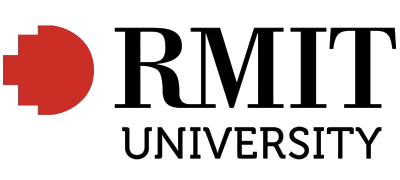

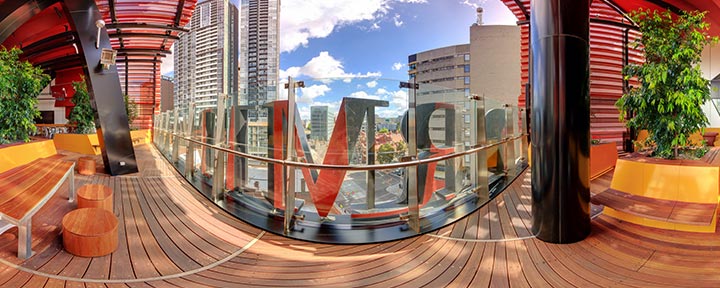

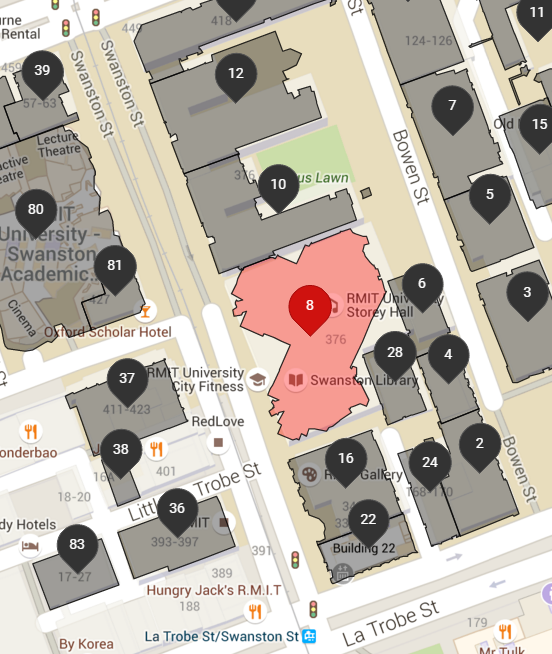




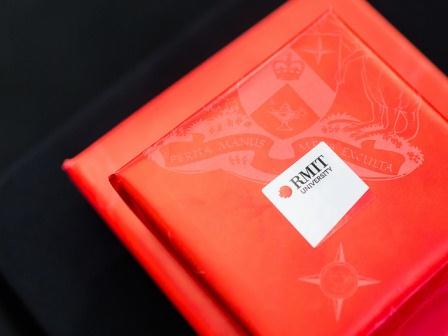


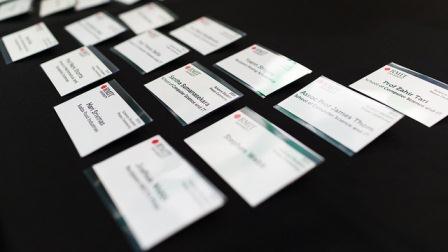



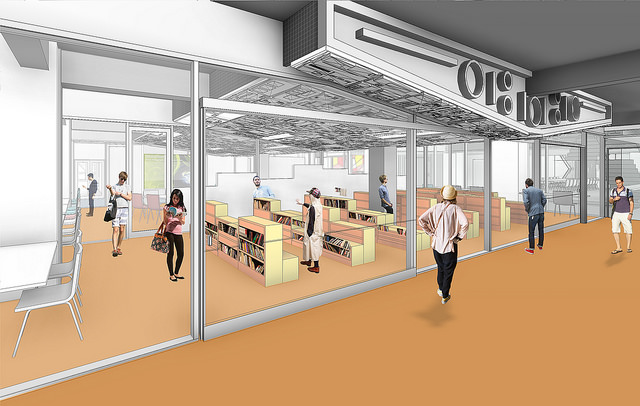
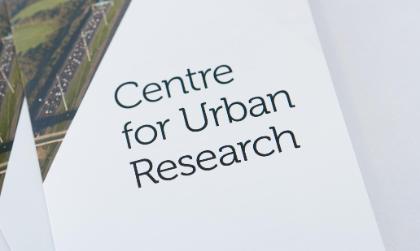
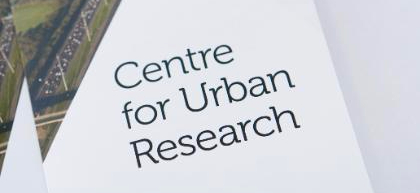
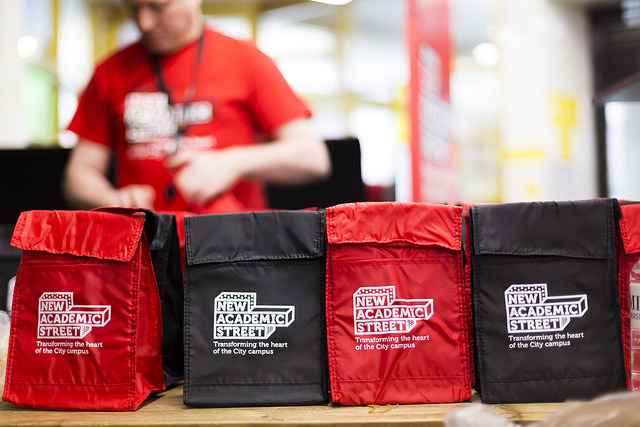
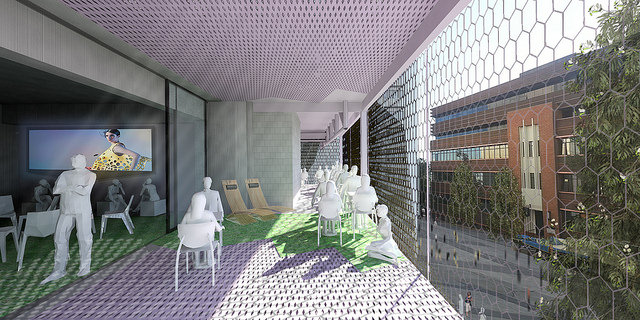
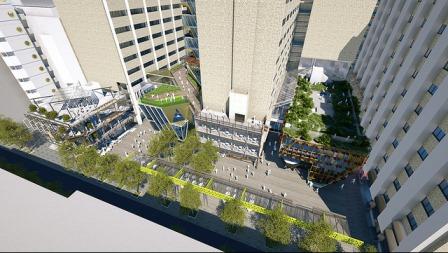
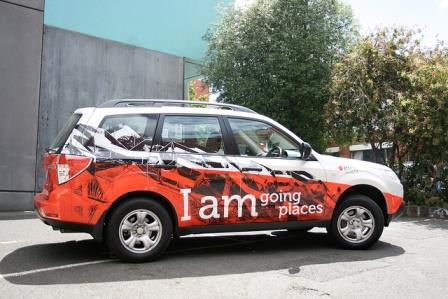
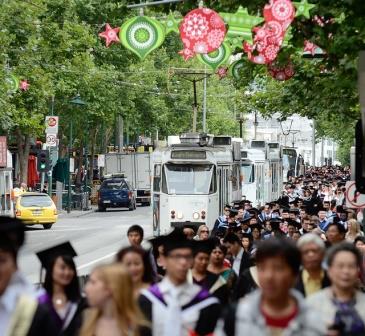
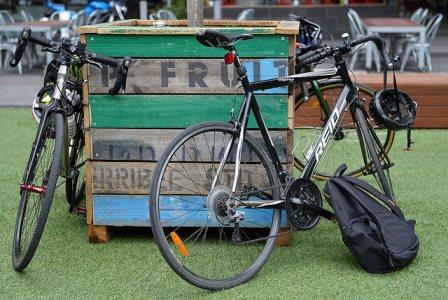
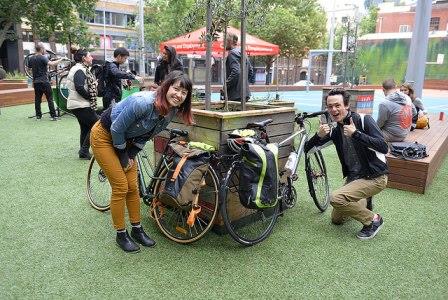
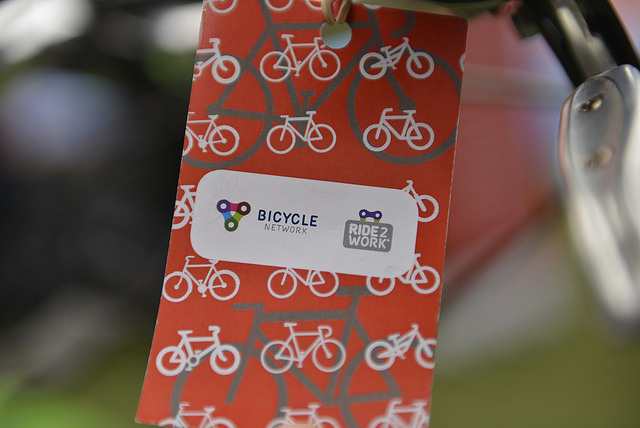




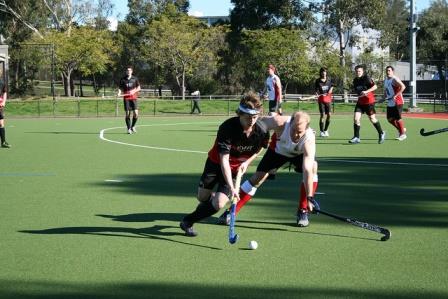
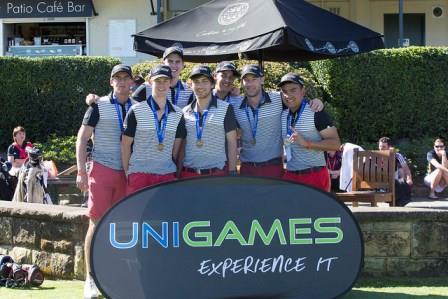
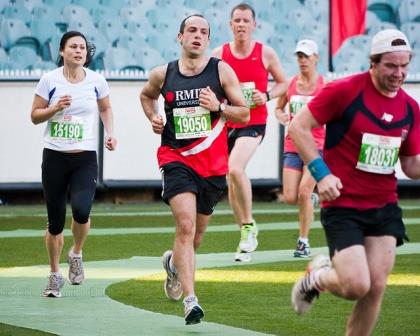
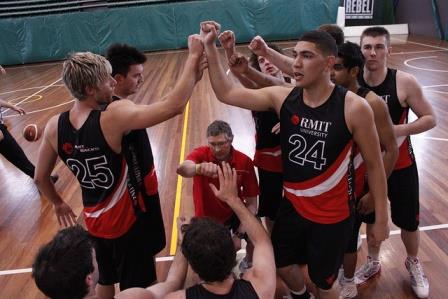
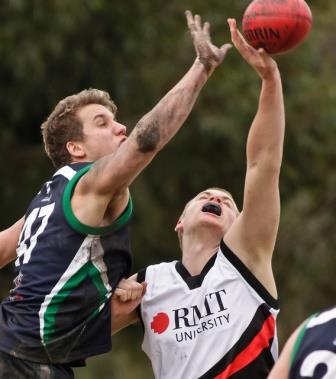






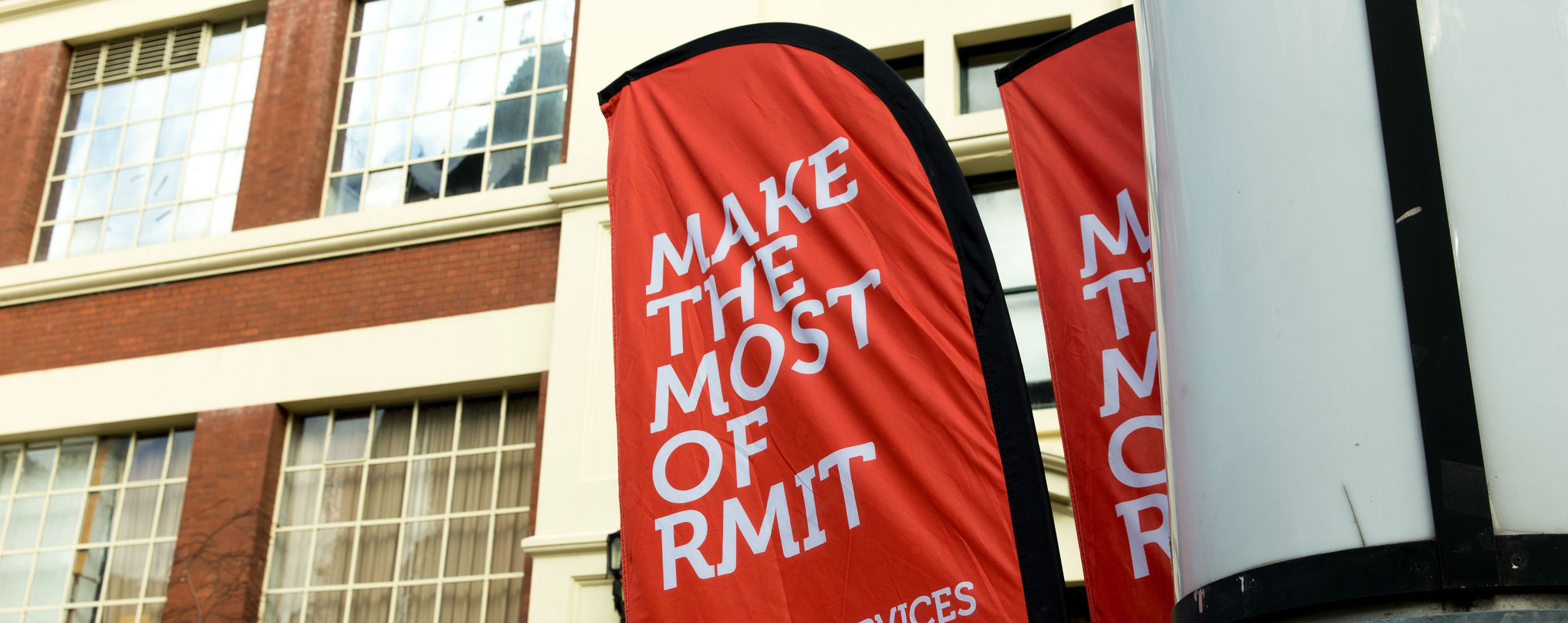
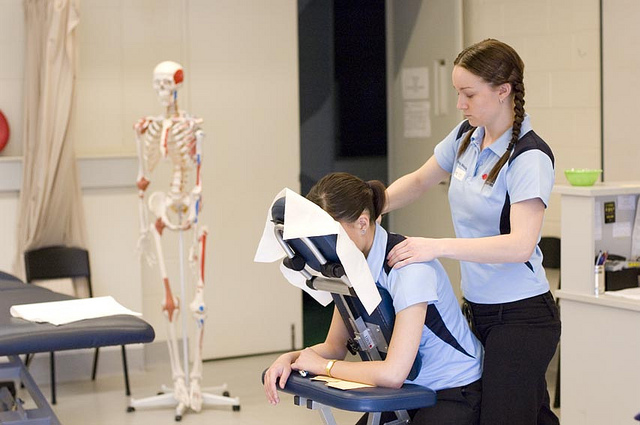


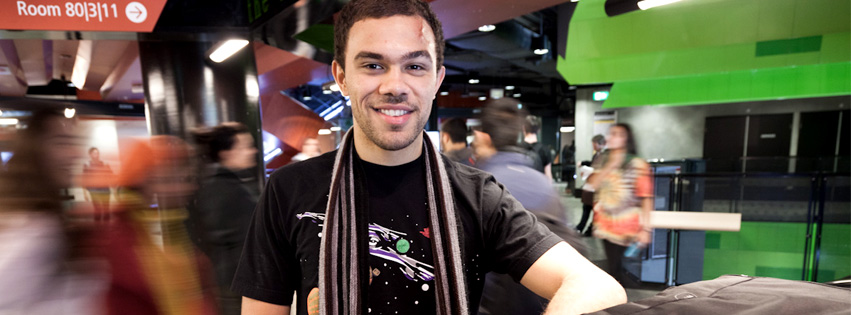



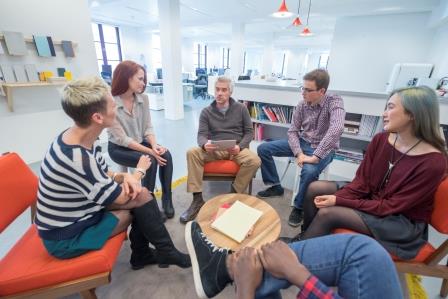

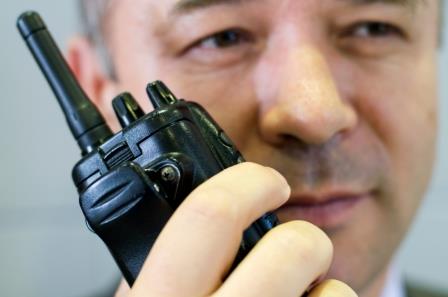
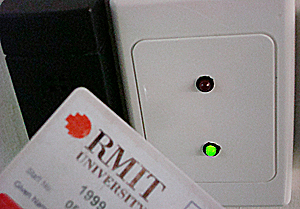
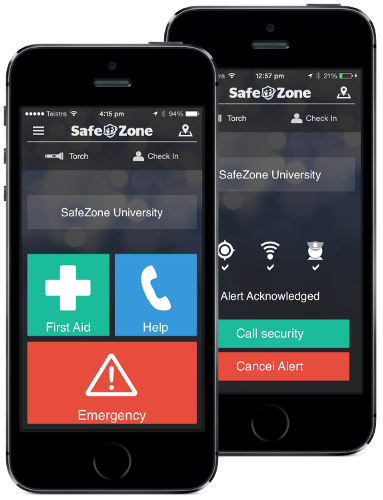
















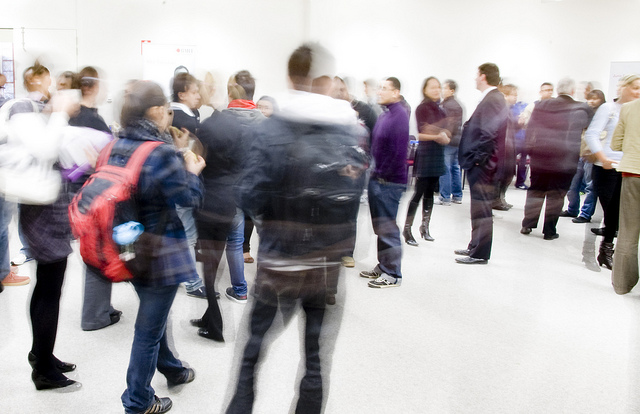


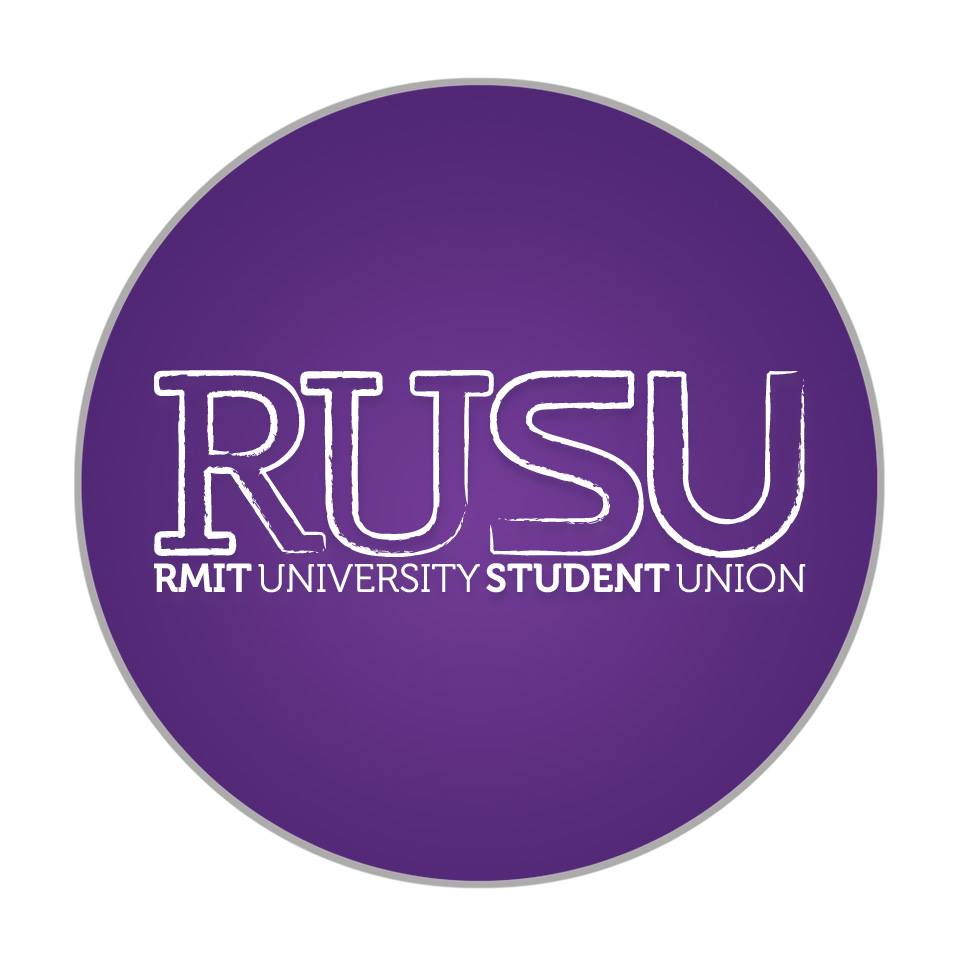










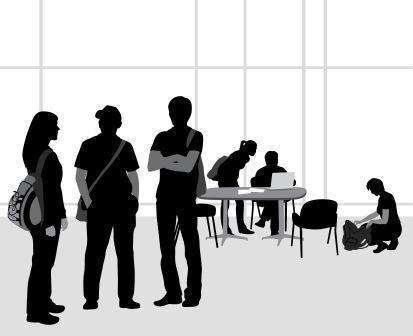


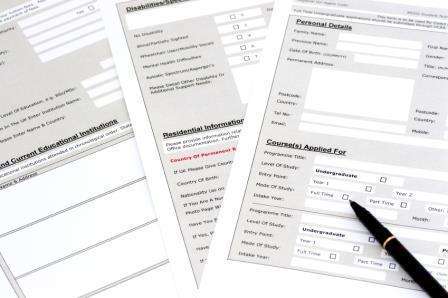

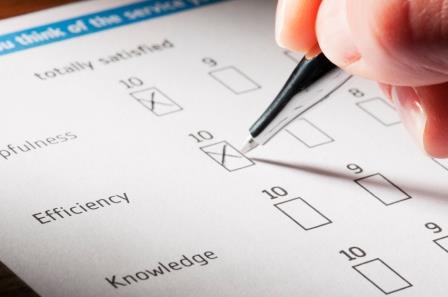

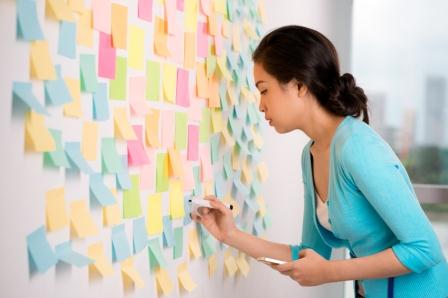




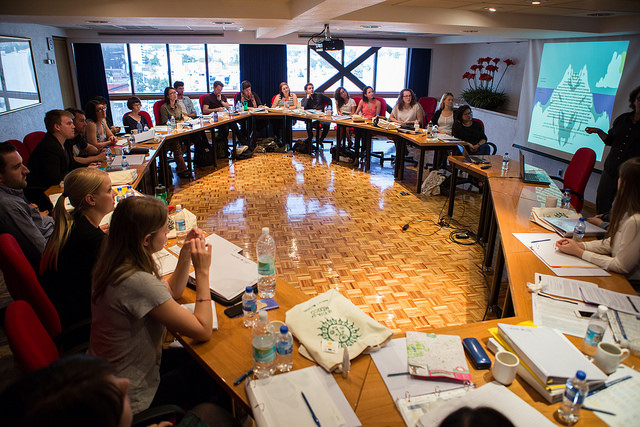
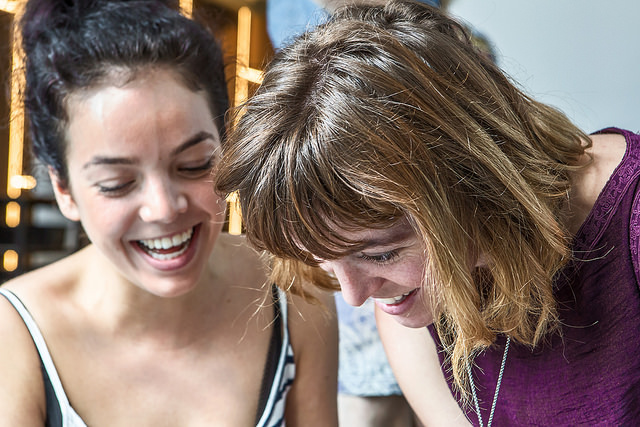

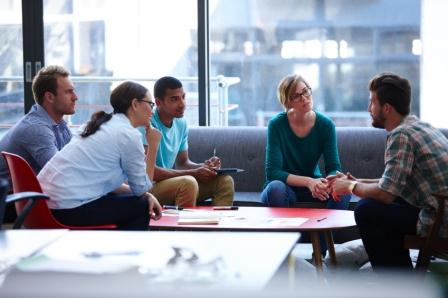
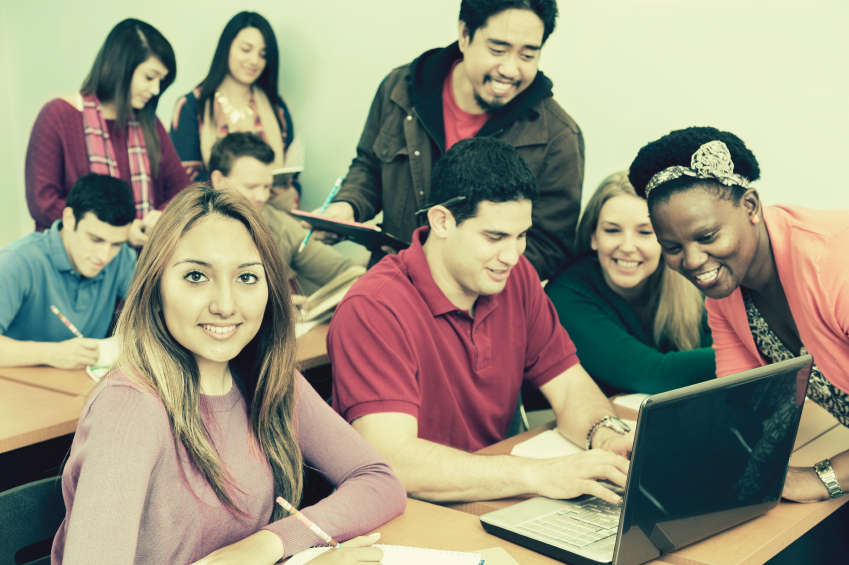


















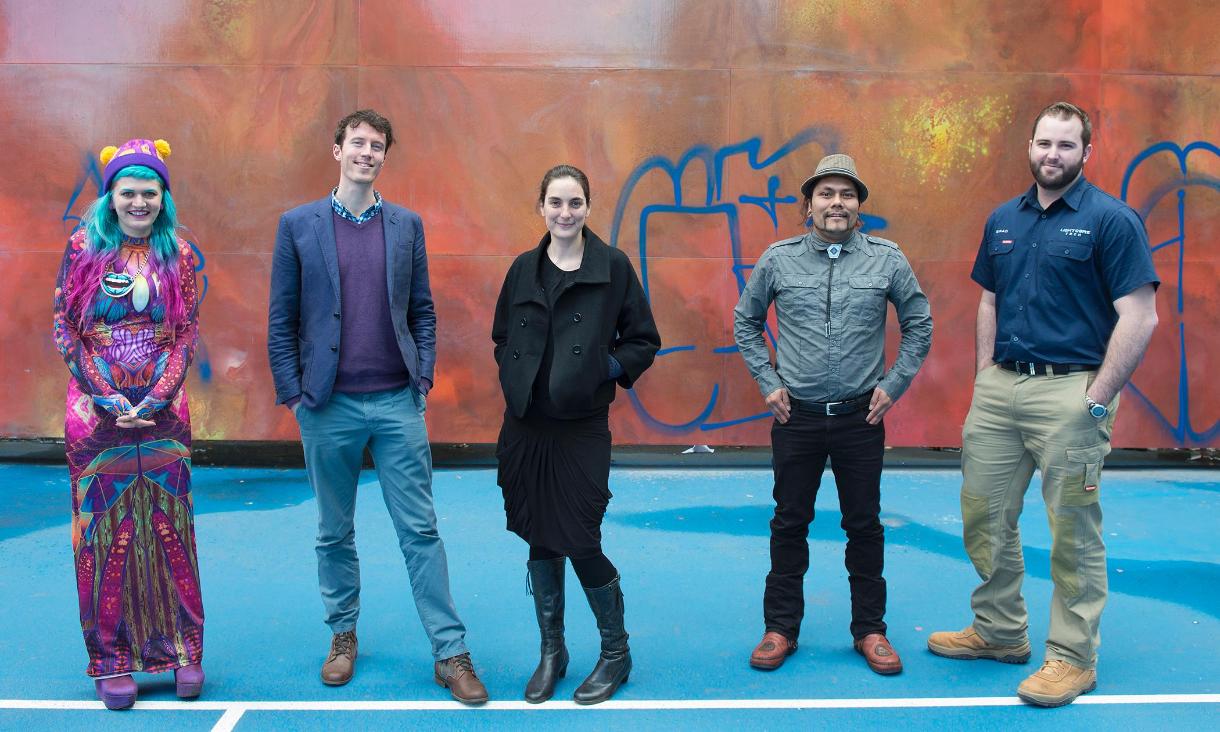
Urban Planning & Env
Menu Share-
Share by Email
-
Share on Facebook
-
Share via Twitter
- Share on Google+
-
Share on LinkedIn
-
Delete Image
-
CancelOK
Provide Feedback
CloseShare With Contacts
CloseShare With Contacts
CloseCopy Link
Closehttps://urbanplanningenv.shareableapps.com/
Tap and hold link above to copy to clipboard.
Delete Message?
Are you sure you want to delete this message?
Try Again
Try Again
Try Again